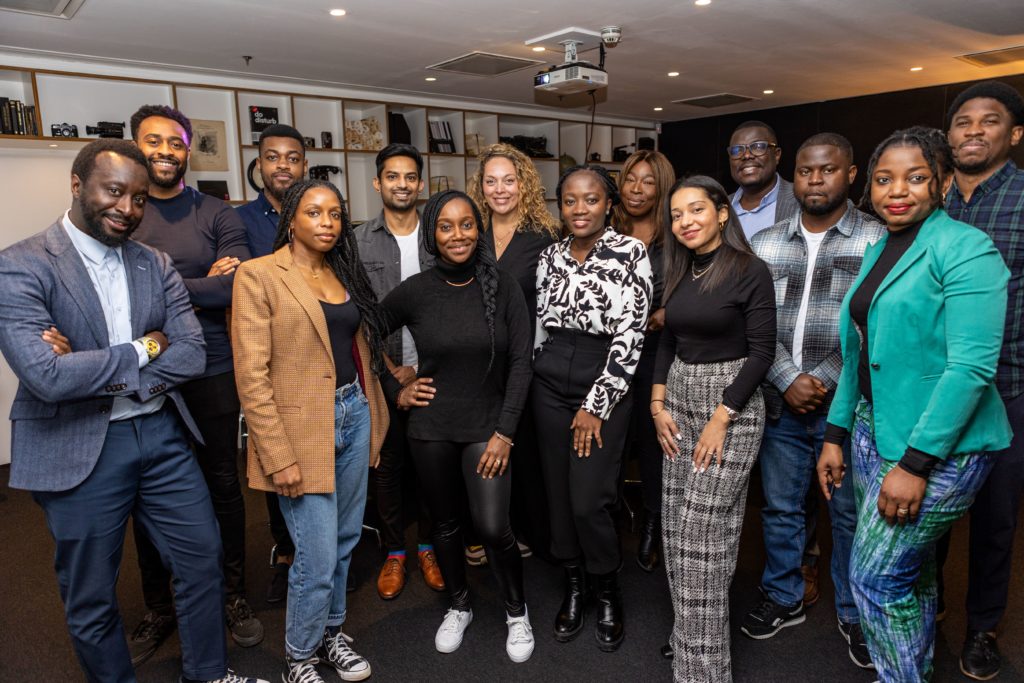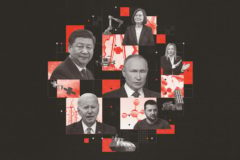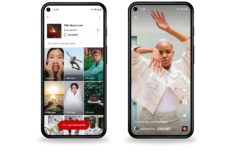A cottage industry of public relations firms and niche media publications helped create Africa’s tech funding boom and grew alongside it. But with funding rounds drying up and more critical media hovering above, the marriage between media and tech is in heated waters. But PR expert, Jessica Hope doesn’t believe it is an existential crisis for PR firms.
By 2016, African startup entrepreneurs had already embraced the media to find local support and woo global investors. The marriage worked. It was timely and was organically contracted near the cusp of more than 10 years of a central bank-boosted global economy. Four years earlier in 2011, Yaba, a busy commercial neighbourhood in Lagos, Nigeria had already cemented its status as a Mecca for young “techies”. Especially after Co-creation Hub opened its doors in 2011. Many of the young techies of that era would go on to create companies and become “tech bros” and “tech babes,” a local euphemism for well-paid tech workers. But in 2011, in Yaba, there was more dreaming than making money.
In 2011, IrokoTV, an African movie streaming service (also available on satellite television channels) raised $3 million in a Series A investment led by Tiger Global. IrokoTV founder, Jason Njoku, sought out and hired Jessica Hope, who managed press relations for the Jewish Museum in London. Hope and Njoku had attended the same university and had met around the same when she wrote for lifestyle magazines in Manchester.
Armed with a Bachelor of Arts in History from the University of Manchester and a Masters in Religion and Political Life, Jessica, a self-described history nerd who had worked at the Natural History Museum in London, went to work to secure media opportunities for IrokoTV, the Nollywood entertainment startup. “Jason Njoku was a dream ‘entrepreneur’ to work with – he always left a lasting impression on every journalist he met,” Hope told TheGuardian, a Nigerian newspaper in 2017.
“We do not write about Nigerian tech fraudsters.”
“I was global head of communications for Iroko for three and a half years, and in that time 50% of my job was Nollywood and Afrobeats consumer PR. And then the rest of the time I worked on tech corporate communications for Jason Njoku,” Hope told TechCabal on a call.
Success was quick with the local media, but a reality check was not far away. When Hope emailed two Silicon Valley journalists to secure a media opportunity for Njoku, they responded with a blunt email that read in part, “We aren’t writing about Nigerian tech fraudsters.” She said the response sealed her determination to help bring better media coverage of Africa’s fledgling technology space to fight the unhealthy stereotyping of African entrepreneurs.
Soon requests came pouring in from tech CEOs, many of them were friends of Njoku, who wanted Jessica’s help with corporate PR. Technology startups in Africa were slowly gaining global recognition and the founders who emailed Njoku to ask that his chief communications officer help them secure media opportunities wanted some of the attention.
Soon Njoku suggested that Jessica begin a consultancy to handle the torrent PR business. “I was like, ‘Wow am I getting fired?’,” Hope recalled. She wasn’t being fired, but Jason was convinced she would reach a glass ceiling at Iroko. “There’s an opportunity for you,” she recalls him telling her.
This is the birth story of Wimbart a boutique press relations firm with a focus on African tech companies. Wimbart now employs almost two dozen public relations specialists working from London but with African roots. Nollywood and more broadly speaking is one of Nigeria’s most significant (if underappreciated) export. And it is fitting when you think about it, that one of the key public relations firms is linked to Nigeria’s entertainment industry. In recent years, Wimbart’s clients have raised and announced (with Wimbart’s help) more than $700 million in venture funding.
The year Wimbart was founded (2014), several dozen startups in Africa raised a grand total of $26.9 million—more than double the amount raised in 2013 ($12 million) data from Disrupt Africa shows. These days, $26 million is akin to the cheque size of a respectable Series B for a fast-growing African startup.

Beyond fundraising
Media firms also benefited from the funding largesse of the past five years. Stears, a business intelligence platform and media publication focused on economic stories has raised a total of $4.3 million since it was founded in 2017. BigCabal Media, the parent of this publication, has raised $2.92 million since 2016.
But this closeness to tech entrepreneurs came at a cost. As venture funding receded under the souring interest rate hikes, and the media dialled up coverage of the good, bad, and ugly, the media’s relationship with the tech firms they cover is sometimes the topic of the day—at least on social media and the busy WhatsApp chats of Africa’s relatively small technology space. Tech entrepreneurs and the media sometimes duke it out—with bitter tweets or on Twitter’s live audio room, Spaces. Especially after particularly controversial stories are published. “Journalists can’t just tell happy stories all the time. If something goes wrong I guess, you know they have to report on that. That’s journalism,” Wimbart’s founder notes. “I think there it’s probably harder on the ground anyway because there’s a kind of like a journalist-tech bro relationship and then it must be hard for journalists,” she added.
Notwithstanding, as media firms assert independence and startups resist growing scrutiny, tech PR firms who helped mediate the initial marriage between the two, believe their work is even more important now.
“No one wants to do crisis communications,” Hope said. All the same, more companies are asking Wimbart for help with internal communications, planning for crisis communications and even investor relations. “We’re a professional services firm, we are a supplier, so if the market changes, we have to change with the market,” Hope said. “It’s an opportunity for us to take time to listen to the market and see what the market needs and that is what we’ll do.”





















